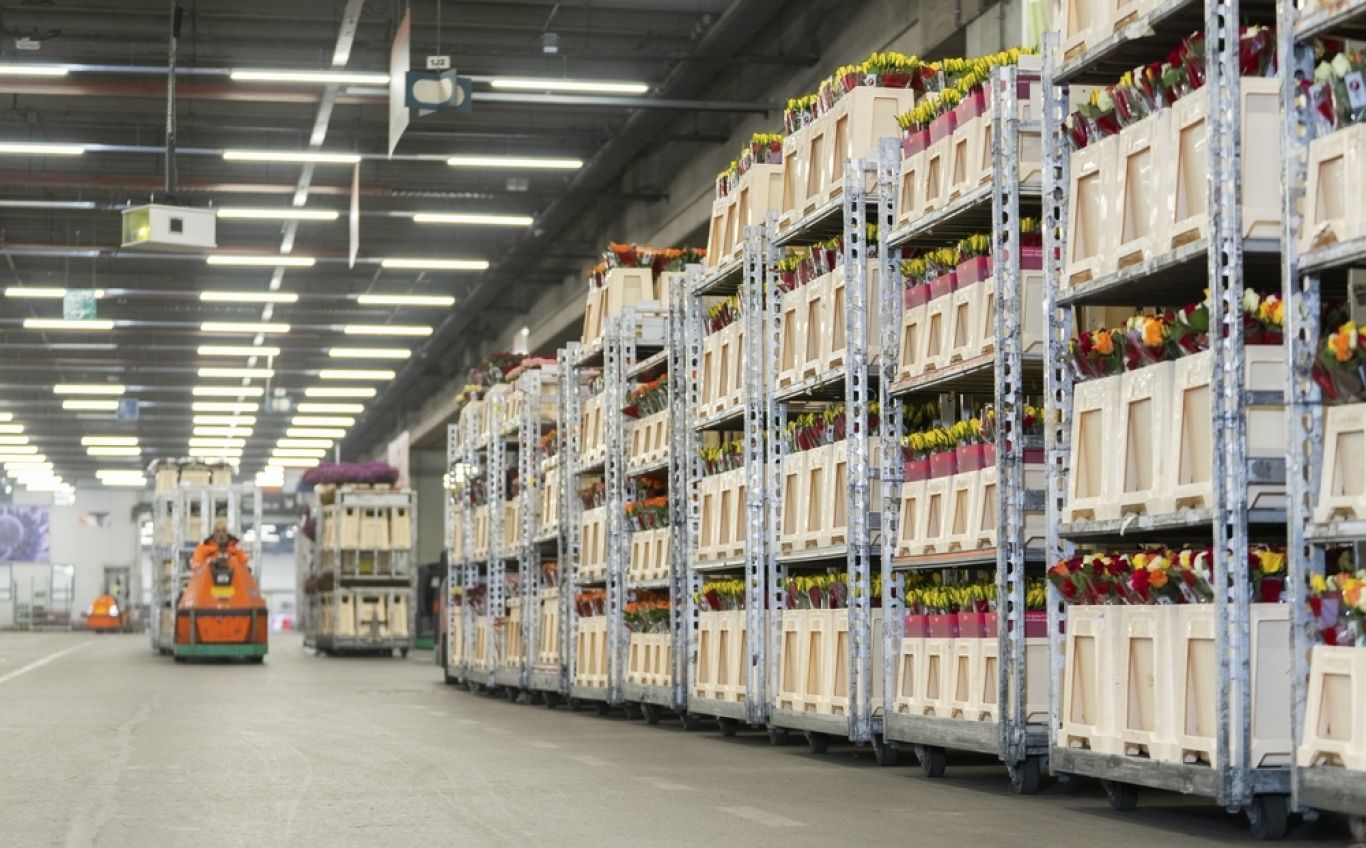Floriculture sector sees increasing regulatory pressure as the biggest challenge for growers
July 1, 2025

Today, Royal FloraHolland publishes the first Trend Report Floriculture. The report reveals that nearly 70% of flower and plant growers are concerned about the increasing regulatory burden. Energy supply and price developments are also cited as major threats to the survival of their businesses. As a growers’ cooperative, Royal FloraHolland emphasizes the importance of a strong and consistent government agenda in which innovation and sustainability go hand in hand.
In addition to the top three challenges (regulation, energy and prices), the report shows that the increasing power of the retail sector and sustainability are also high on the list of concerns. The results also confirm that significant efforts toward sustainability have been underway for years—more than four in five growers (84%) have already taken steps toward more sustainable production. Within their businesses, they are focusing on measures such as biological crop protection (54%), reducing environmental impact such as water and energy use (35%), reusable packaging (23%), and logistics materials (23%). At the same time, one-third of respondents still view sustainability as a major challenge.
The Trend Report Floriculture is based on research among national and international growers of flowers and plants. For Royal FloraHolland, the report serves as a key indicator of sentiment and international developments within the sector. This first edition serves as a baseline; from now on the report will be published twice a year.
Top three concerns: regulation, energy, prices
In addition to regulatory pressure (68%), growers also list energy (61%) and price developments (45%) as the most important issues they currently face—and expect to continue facing in the future. Pieter Bootsma, CEO of Royal FloraHolland, says:“The issues that matter most to our growers and buyers are critical to the future of the sector. At Royal FloraHolland, we support them wherever possible. We recognize that clear frameworks are necessary to drive sustainability and innovation. Legislation and regulations must be clear and applicable.”
Focus on sustainability, innovation, and automation
More and more growers are considering how to modernize their businesses. 45% indicate a desire to innovate, 34% want to advance automation and 33% are focused on sustainability. These ambitions are already being realized in practice, for example through the use of digital platforms. Two-thirds (67%) of growers intend to invest further in this area in the coming years. Bootsma continues: “I speak daily with growers investing in innovation, sustainability, and new cultivation methods. These developments—and the investments that go with them—often go hand in hand. They are essential to making the sector future-proof. Innovation and digitalization not only support sustainability but also help address labour shortages. Still, the challenges are significant. Legislation is developing too slowly, and investments are often substantial. Real progress requires clarity and consistency in regulation.”Collaboration across the chain is essential
In addition to digital services, Royal FloraHolland offers logistical services such as transport. Sustainability and innovation are also taking place in this area, through more efficient routes, road transport, and electric vehicles. 78% of growers consider these developments important. Growers feel the main responsibility for sustainability lies with themselves—and they have already been investing in it for years. For example, 63% of respondents (strongly) agree with the statement that they are working daily on making their business and production more sustainable. At the same time, they view sustainability as a shared responsibility with other stakeholders such as the government (36%), buyers (32%), end consumers (30%), and Royal FloraHolland (30%).-
Did you find this interesting?
Then share this article


